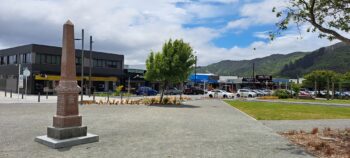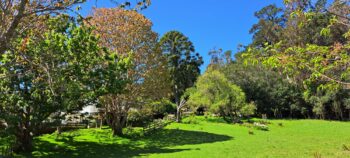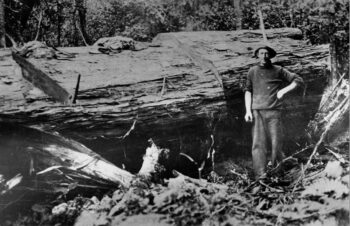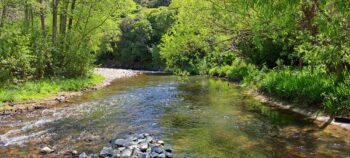Historically, Wainuiomata’s primary industries were centred around forestry and sawmilling, driven by the dense native bush that covered the area. Sawmilling operations thrived in the 19th and early 20th centuries, with narrow-gauge tramways constructed to transport logs from remote forested regions to sawmills. Another significant development was the establishment of the Wainuiomata Waterworks in the late 19th century, which played a crucial role in supplying water to the growing cities of Wellington and Lower Hutt. This infrastructure, including the now-decommissioned Wainuiomata Dams, showcases the area’s historical importance in regional development. As the timber industry declined, farming and agriculture became more prominent, with the valley’s fertile land supporting pastoral farming and horticulture.
Today, Wainuiomata has shifted towards a more service-oriented economy. The suburb supports a range of small businesses, retail outlets, and trades that cater to its local population. The historical waterworks and surrounding reserves also contribute to recreational tourism, drawing visitors for both their natural beauty and heritage significance.
Outlined below is the history of Wainuiomata’s industries.






